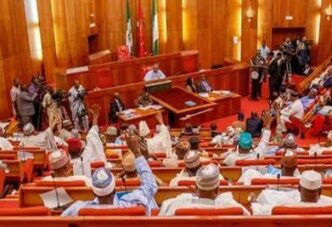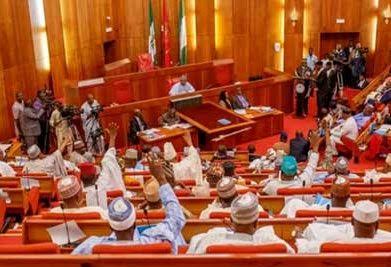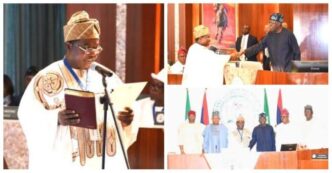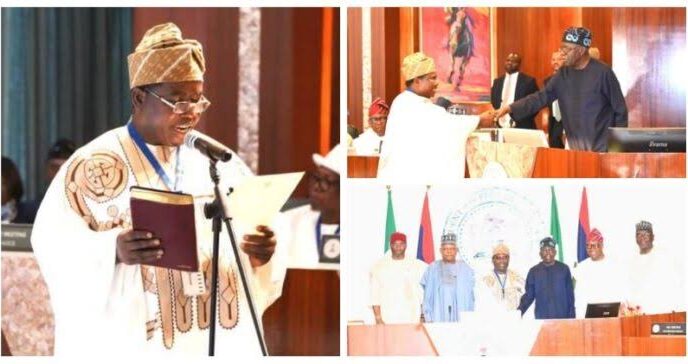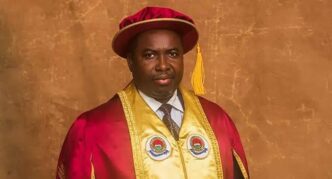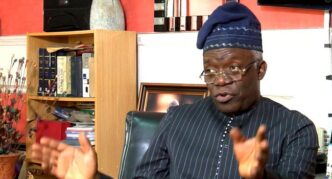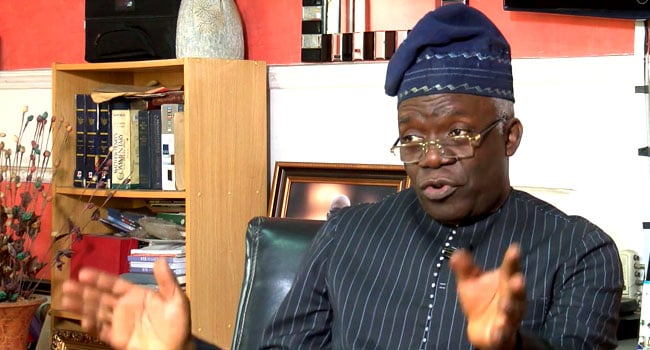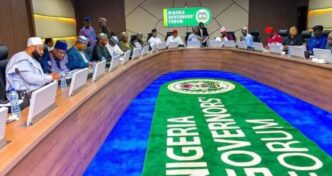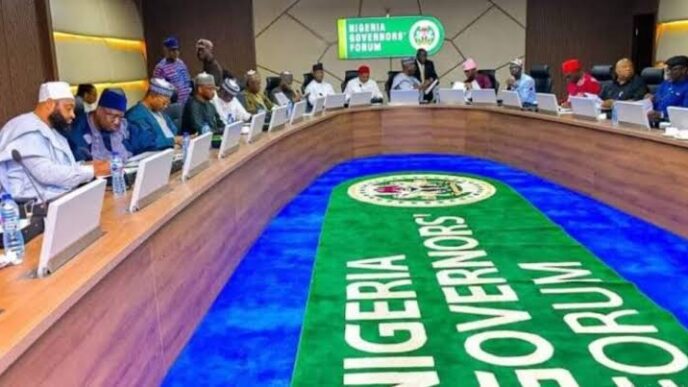The Senate is considering a major reform of Nigeria’s electoral law that would transfer the burden of proof in election petitions from candidates to the Independent National Electoral Commission (INEC) — a move aimed at strengthening accountability and public trust in the nation’s electoral system.
Gatekeepers News reports that the proposal formed part of deliberations at Wednesday’s plenary on “A Bill for an Act to Repeal the Electoral Act No. 13 of 2022 and Enact the Electoral Bill, 2025”, which seeks to overhaul the legal framework governing federal, state, and area council elections across the country.
The bill, which passed second reading, follows a joint public hearing by the Senate and House Committees on Electoral Matters to collect input from stakeholders.
INEC Must Prove Credibility of Its Elections — Dickson
Leading the debate, Senator Seriake Dickson (Bayelsa West) argued that INEC, as the custodian of election materials and processes, should bear the responsibility of proving that elections it conducted were free, fair, and credible.
“The burden of proof in electoral matters must shift to INEC — that is where it belongs,” Dickson said.
“We must move away from the principle that he who alleges must prove. INEC should demonstrate that elections were peacefully and transparently conducted.”
He urged the National Assembly to empower INEC with the legal authority to deploy more technology in election management and ensure adequate funding for the commission to enhance transparency and efficiency.
Lawmakers Demand Enforcement, Fewer Parties
Senator Ekong Samson (Akwa Ibom South) observed that Nigeria’s electoral problem lies not in the law itself but in poor enforcement.
“Without discipline, we leave our democracy in peril,” he said. “The laws are there; enforcement is what we lack. Politicians must see themselves as trustees of the people.”
Also supporting the reform, Senator Muntari Dandutse (Katsina South) advocated transferring the conduct of local government elections from State Independent Electoral Commissions (SIECs) to INEC.
He also called for a reduction in the number of political parties to no more than ten and condemned the persistent defection of elected officials.
“It is disgraceful and degrading to take a mandate won under one political party to another,” Dandutse said. “We must restore the dignity of Nigerians by stopping this political migration.”
Akpabio Backs Move, Calls for INEC Accountability
Presiding over the session, Senate President Godswill Akpabio endorsed the idea that INEC should be held accountable for the credibility of elections under its supervision.
“I agree that INEC must be held responsible,” Akpabio stated. “They are in charge of logistics and in custody of election materials; therefore, they must prove that the process they supervised complied with the law.”
Major Electoral Reforms Ahead
The Electoral Act (Repeal and Enactment) Bill, 2025 (SB. 903) proposes a comprehensive restructuring of Nigeria’s electoral system — far beyond previous piecemeal amendments.
Key highlights include:
• Mandatory deployment of technology in all stages of the electoral process, including electronic transmission of results.
• Stronger legal backing for the Bi-modal Voter Accreditation System (BVAS).
• Structural and appointment reforms to guarantee INEC’s institutional independence.
• Introduction of diaspora voting.
• Establishment of an Electoral Offences Commission to investigate and prosecute electoral crimes.
The proposed law is expected to address loopholes exposed by the 2023 elections and tribunal rulings, paving the way for a more transparent and accountable electoral process.

